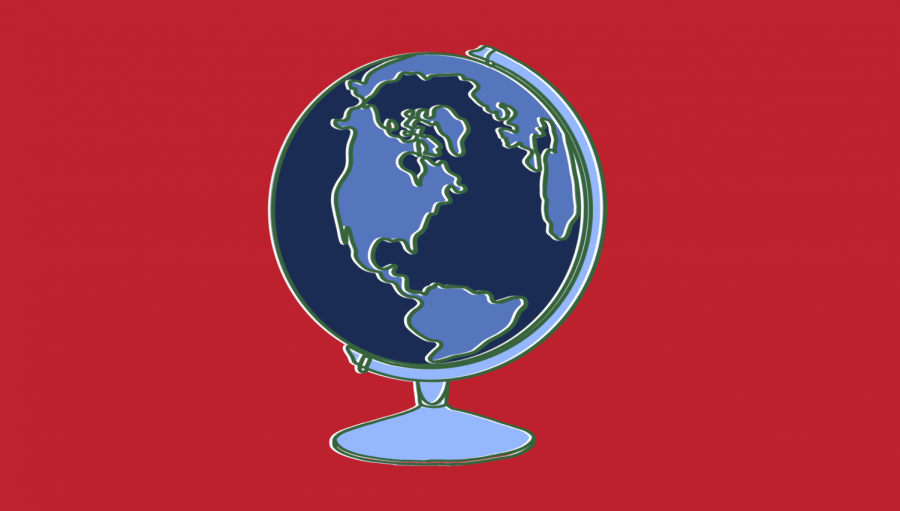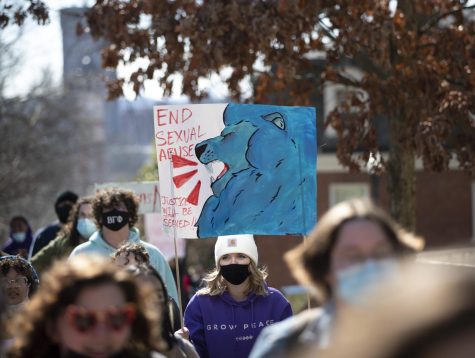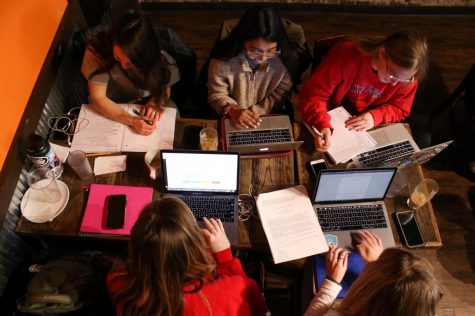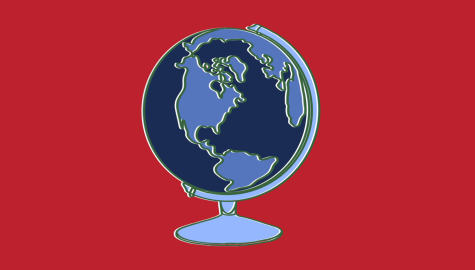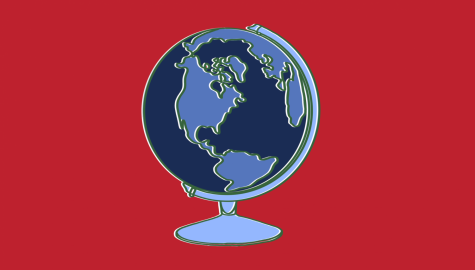Global Headlines of the Week: March 3
March 3, 2021
It’s easy to get caught up in the daily news cycle here at home, but oftentimes we miss important events that occur nationally, as well as beyond our borders. These events, no matter how small, play a role in our own lives and in the lives of those in our nation and across the world.
This past week has been no exception. Let’s break down four events over the past week you might have missed.
U.S. puts sanctions on Russians following Alexei Navalny investigation
This headline is a continuation of one from our global events piece from Feb 10.
United States intelligence has concluded that the Russian Government is responsible for the poisoning of Alexei Navalny last year, according to an article done by the BBC.
Navalny is a Russian political oppositionist, and one of the most notable critics of Vladimir Putin, who has been in power in Russia for over 30 years.
Sanctions have been put on seven senior Russian officials and 14 other entities who were involved in chemical and biological production of the nerve-agent poison, but no other details of the sanctions have been released.
These sanctions are a part of Biden’s tougher stance on Putin and are the first acts of his administration towards Russia.
Moscow continues to deny involvement in the attempted assassination of Navalny, according to the BBC.
279 abducted Nigerian schoolgirls released
Gunmen abducted 279 schoolgirls on Friday, demanding a ransom from the Nigerian government.
This is a prominent example of the many kidnappings occurring in northern Nigeria motivated by ransoms for criminal groups, according to an article done by BBC News.
According to the same article, the girls were released on Tuesday after negotiations between the abductors and the state governor of Zamfara, Bello Matawalle.
According to Ishaq Khalid, an analyst for BBC, schools are the latest of targets of ransom-motivated kidnapping due to the fact that they draw a lot of public attention on the authorities to negotiate with the armed criminals.
Luckily, these 279 schoolgirls were able to return to their families safely, with minimal injury.
Myanmar protests escalating, bloodiest day on Sunday
The military coup protests in Myanmar have reached an unfortunate peak.
Myanese police officers fired on protesters around the country on Sunday, taking 18 lives and leaving many more seriously injured, according to an article done by NBC News.
The civilian demonstrations in Myanmar have remained mainly peaceful, with responses from the Myanese police and military being non-lethal up until this point.
This event follows a month of protests in Myanmar, sparked by a military coup at the start of February where the democratically elected Aung San Suu Kyi was overthrown by her military.
To read more about the situation in Myanmar, you can refer back to the global events articles we did on Feb 10 and Feb 17 for more information.
Johnson & Johnson vaccine cleared for use
The Food and Drug Administration issued an emergency use authorization for the newly developed Johnson & Johnson COVID-19 vaccine on Feb 27, according to an article done by Yahoo News.
This makes J&J’s vaccine the third major option for COVID-19 related vaccinations in the United States, sitting in good company with Pfizer and Moderna.
According to the same article, the pharmaceutical company Merck, a medical rival of J&J, will aid in the production of the vaccine.
This act will result in a doubling of the supply of the vaccine, representing the importance that it needs to be distributed quickly.
Unlike Pfizer or Moderna, the J&J vaccine is a single-shot vaccine, making it an easier and quicker option for those essential workers who need it for their jobs.
Shane Stryker can be reached at [email protected]. Follow him on Twitter @shanestryker.

